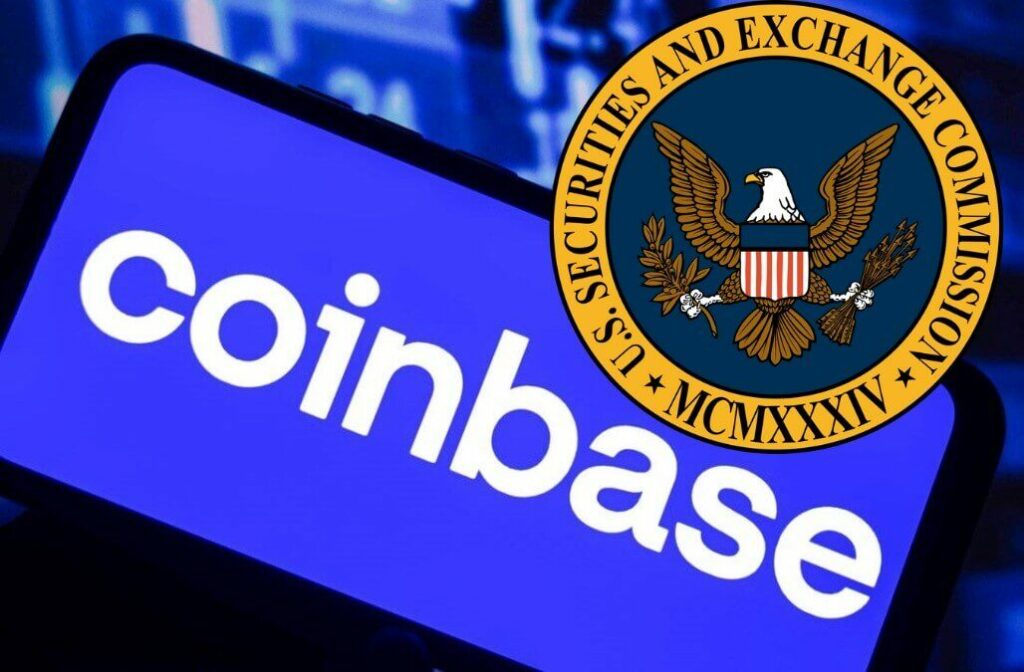In a recent court hearing, the ongoing legal tussle between Coinbase Global Inc. and the U.S. Securities and Exchange Commission (SEC) took an unexpected turn as a lawyer representing Coinbase compared buying cryptocurrencies to collecting Beanie Babies. The comparison, made by William Savitt, raised fundamental questions about the nature of crypto tokens and their classification as securities. The case could have far-reaching implications, not only for the crypto industry but also for the broader collectibles market, which has experienced a surge in value during the COVID-19 pandemic.
The Beanie Baby Analogy in Court: What it Means for Cryptocurrency Investors

In the courtroom, Savitt argued that purchasing cryptocurrencies is akin to collecting Beanie Babies, emphasizing that buyers don’t acquire any rights comparable to traditional securities. This analogy challenges the SEC’s claim that Coinbase sold unregistered securities, as Savitt aimed to highlight the unique nature of crypto tokens. U.S. District Judge Katherine Polk Failla acknowledged the potential impact on the collectibles market, suggesting that the case extends beyond the crypto realm.
Savitt’s argument, distinguishing ownership of crypto tokens and traditional securities, opens a debate on the rights and expectations associated with crypto investments. The courtroom drama underscores the ongoing struggle between regulatory authorities and the crypto industry to define and categorize these digital assets.
Read more: Coinbase Referral Code 2024: $10 BTC SignUp Bonus
SEC’s Counterpoint Against Coinbase: Cryptocurrency Investments as Securities
Contrary to Coinbase’s Beanie Baby analogy, the SEC asserted that purchasing a crypto token involves investing in the underlying network or enterprise. The regulatory body referenced a 1946 Supreme Court decision that defines securities as investments with a reasonable expectation of profits derived from the efforts of others. This position aligns with the SEC’s broader regulatory framework and its ongoing efforts to ensure investor protection within the crypto space.
The SEC’s argument emphasizes the evolving landscape of digital assets and the need for regulatory clarity. As the court deliberates on whether crypto tokens should be classified as securities, the outcome could set a precedent for future regulatory decisions and impact the operations of major cryptocurrency exchanges.
Read more: Congressman Warren Davidson Targets SEC Shake-Up in 2024
Conclusion
The Coinbase-SEC legal battle is pivotal for the cryptocurrency industry, sparking discussions on the nature of crypto tokens. Beyond Coinbase, it influences the broader collectibles market, triggering a crucial debate on digital asset regulations. Amid evolving rules, Coinbase CEO Brian Armstrong’s commitment underscores industry leaders’ resilience in navigating regulatory uncertainties. This unfolding saga reflects the ongoing exploration of ownership and investment in the rapidly evolving digital landscape.






